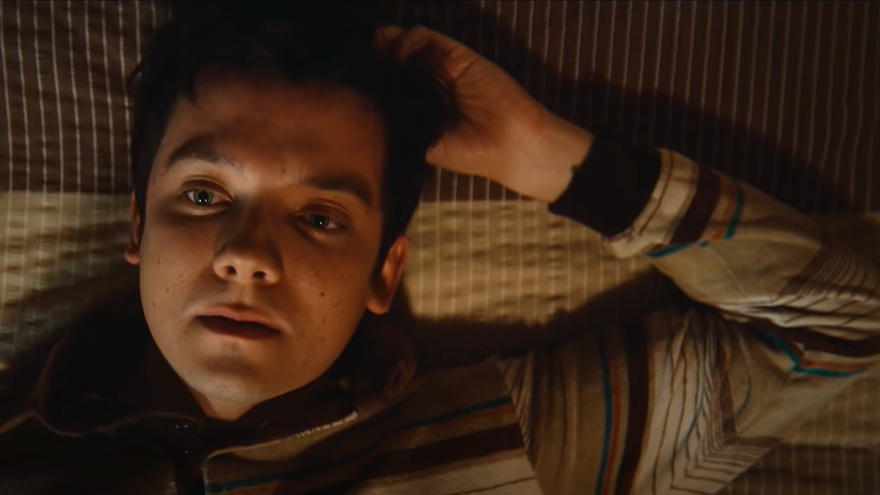The trailer for the third season of Netflix’s Sex Education was released earlier this month and so far has racked up 7.8 million views. A second trailer for the show dropped Thursday. There is a reason for the hype outside of Netflix being the biggest streaming service: Many people felt an instant connection to Sex Education.
The show focuses on a group of students in sixth form at Moordale Secondary School who, throughout their time at school, discover their identities through romantic relationships and friendships while learning more about the world around them.
We were all teenagers once, stumbling to figure ourselves out and to see where we fit in. Sex Education puts those struggles on screen in an awkward, funny, relatable and British way.
In the upcoming season, students face a new strict headmistress who dislikes the school’s reputation as “the sex school.” Stringent rules ensue in the midst of the students navigating their relationships and lives since we last saw them in season two.
[Review: “The D’Amelio Show” is a tonally inconsistent mess]
Sex Education is part of the new wave of teen and young adult television shows that humanize their characters. The show’s characters are well-rounded, especially for one with an ensemble cast.
Maeve Wiley, played by Emma Mackey, a character known for her sarcasm and bluntness, is not just painted as the manic pixie dream girl because she dyes her hair and wears black clothing. The series shows her struggles balancing a job, school, and maintaining friendships and relationships. It features a subplot about her strained relationship with her mother. She’s also a great writer in addition to being on her school’s quiz bowl team.
It would have been easy for writers to make her — and other characters of the show — flat caricatures of teenagers. Instead, the show treats its characters like humans who go through real issues. It goes against the idea that teenagers can’t be smart or have valid opinions and shows the challenging parts of life when you’re becoming an independent adult.
Sex Education is not afraid to get real. It features different characters as they grapple with dating, sexuality and health conditions, such as one character, Lily, played by Tanya Reynolds, having vaginismus. The show’s characters have diverse sexualities — straight, gay, bisexual, asexual and pansexual — in a way that doesn’t feel like the creators were trying to meet a quota. Whether main or side characters, each of these sexuality revelations is given the screen time it deserves to be digested by the character and the audience.
In the second season, a minor character taking part in the school’s musical, Florence, played by Mirren Mack, talks to the school counselor Jean Milburn, played by Gillian Anderson, about her feelings toward sex. She explained how she doesn’t want to have sex “ever, with anyone.” At the end of the conversation, Milburn said the powerful line: “Sex doesn’t make us whole, and so, how could you ever be broken?”
For a sexuality that is often misrepresented, this show did well in concisely explaining asexuality.
Sex Education also creates an environment where characters are able to talk about sex in a funny yet educational way, and frankly, it does more than any education I had during high school.
[Webbed is buggy, in a good way]
Additionally, the show is stellar at highlighting conversations that don’t involve sexuality. Another character, Jackson, played by Kedar Williams-Stirling, is a competitive swimmer who fell out of love with swimming. He’s won many competitions and feels pressure from the school and his parents to continue competing. This is such a common feeling during adolescence — the tension between wanting to impress those around you and following your heart.
At the situation’s fever pitch, Jackson intentionally breaks his hand so he has to quit swimming, eventually leading up to a tough conversation with his mother about not wanting to swim anymore.
While most people won’t go to the extremes Jackson did, the fact that this show makes its characters full-fledged teenagers with opinions and agency, rather than just their sexualities, illnesses and character traits, is commendable. All shows should follow suit — teenagers deserve good television, too.



